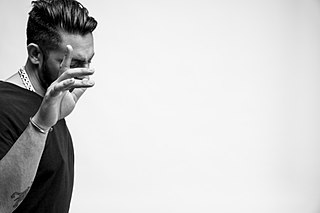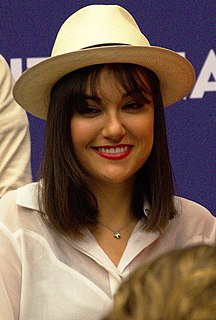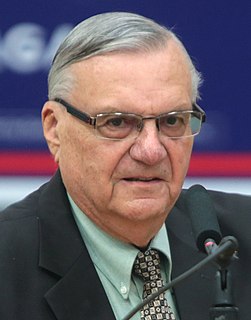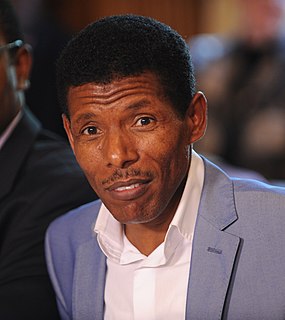A Quote by Mr. T
I was being trained because I wanted to be a preacher like my father. I wanted to talk about Moses; I wanted to talk about God... I wanted to talk about the apostles, the disciples and all that.
Related Quotes
I have a general feeling that writers and artists who are in this peculiar situation, of being a persecuted artist, all anyone ever asks about is the persecution. It may well be that's the last thing in the world they want to talk about. There were many years in which every journalist in the world wanted to talk to me, but nobody wanted to talk to me about my work. That felt deeply frustrating because I felt there was an attempt to stifle me as an artist. The best revenge I could have was to write.
I was interested in immigration and I wanted to use that in the film, not necessarily to talk about immigrants, although I wanted to do that, but to talk about ourselves through the eyes of an immigrant. The film takes place in the school and it tells us a little bit about who we are and where we're at, but through the eyes of someone who has a different background.



































